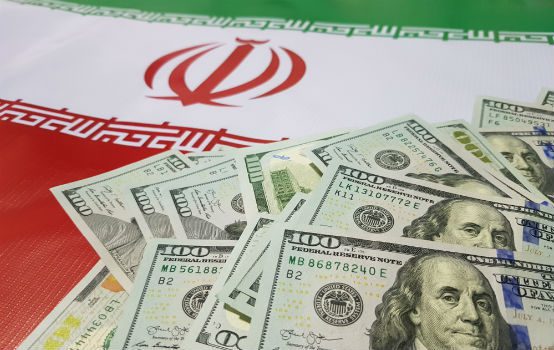Sanctions Kill the Innocent

Esfandyar Batmanghelidj explains how Bolton’s NSC is blocking the implementation of a Swiss humanitarian channel for Iran:
In November of last year, as the Trump administration reimposed secondary sanctions on Iran and embarked on its “maximum pressure” policy, the Swiss government opened discussions with the Treasury and State Departments to ensure that Switzerland’s significant sales of pharmaceutical products and medical devices—technically exempt from U.S. sanctions—could continue unimpeded.
But the hardline sanctions policy being pushed by the National Security Council has so far prevented a Swiss effort to ease trade in food and medicine in a remarkable subversion of longstanding U.S. protections for humanitarian trade with Iran.
The Swiss effort does not seek to get around U.S. sanctions, but simply seeks to facilitate the humanitarian trade that is supposed to be exempted. The fact that the administration’s National Security Council wants to hinder that effort and prevent it from functioning speaks volumes about current Iran policy. Even when foreign governments seek to work with the U.S. on something as innocuous as facilitating humanitarian trade, hard-liners in the administration try to put a stop to it. It once again puts the lie to the administration’s claims that they aren’t interfering with humanitarian trade with Iran.
Humanitarian trade is exempted on paper, but in practice these exemptions are irrelevant. Muhammad Sahimi explains how sanctions affect the availability of medicine:
Officially, U.S. economic sanctions do not include medicine. But in practice, medicine is subject to sanctions. The reason is twofold: no pharmaceutical company producing critical medicines is willing to sell its products to Iran for fear that the Treasury Department might find some small technical or administrative errors in their applications and go after them with a vengeance. The enforcer of the sanctions is Sigal Mandelker, the under-secretary of Treasury for terrorism and financial intelligence, who said recently, “without a doubt, sanctions are working.” The question is, for whom are the sanctions working? Ordinary Iranians?
The second reason is practical. Even if a pharmaceutical company was willing to export its medicines to Iran, Iran’s banking system has been effectively cut off from the rest of the world.
If foreign firms refuse sell to Iranians for fear of sanctions, and if there are no channels to provide payment for imported goods because of sanctions, there is no question that the sanctions have effectively cut off access to those goods. Our government keeps up the illusion that they are not responsible when this happens, but the people on the receiving end of the sanctions know that the shortages and skyrocketing prices they are experiencing weren’t happening until sanctions were reimposed last year. If the administration wants “credit” for inflicting enormous damage on the Iranian economy, they must accept responsibility for the massive suffering that their policy causes as well. Whenever Pompeo or anyone else from the administration touts “maximum pressure” and talks about how well it is “working,” we need to remember that this policy is working to harm and kill innocent Iranians. That is what these sanctions were always going to do, and that is why they need to be removed as soon as possible.
Comments